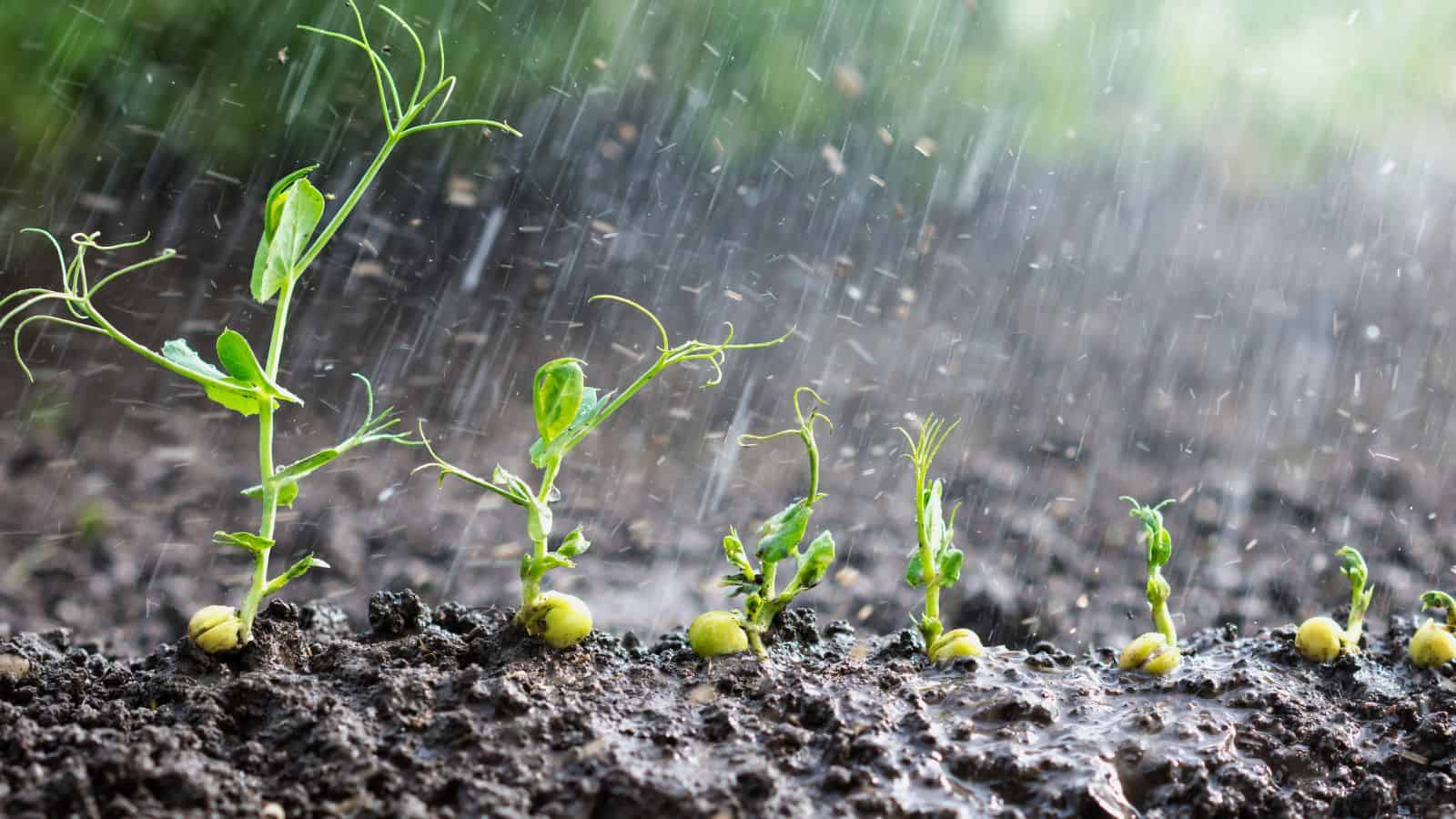Most of us love the feeling of looking out over a green, healthy, perfectly mowed lawn. However, maintaining such a state of lush perfection can be difficult for even the most green-thumbed among us. But not to worry—we’ve compiled some science-backed tips to help you out on what not to do to your lawn.
Neglecting Watering
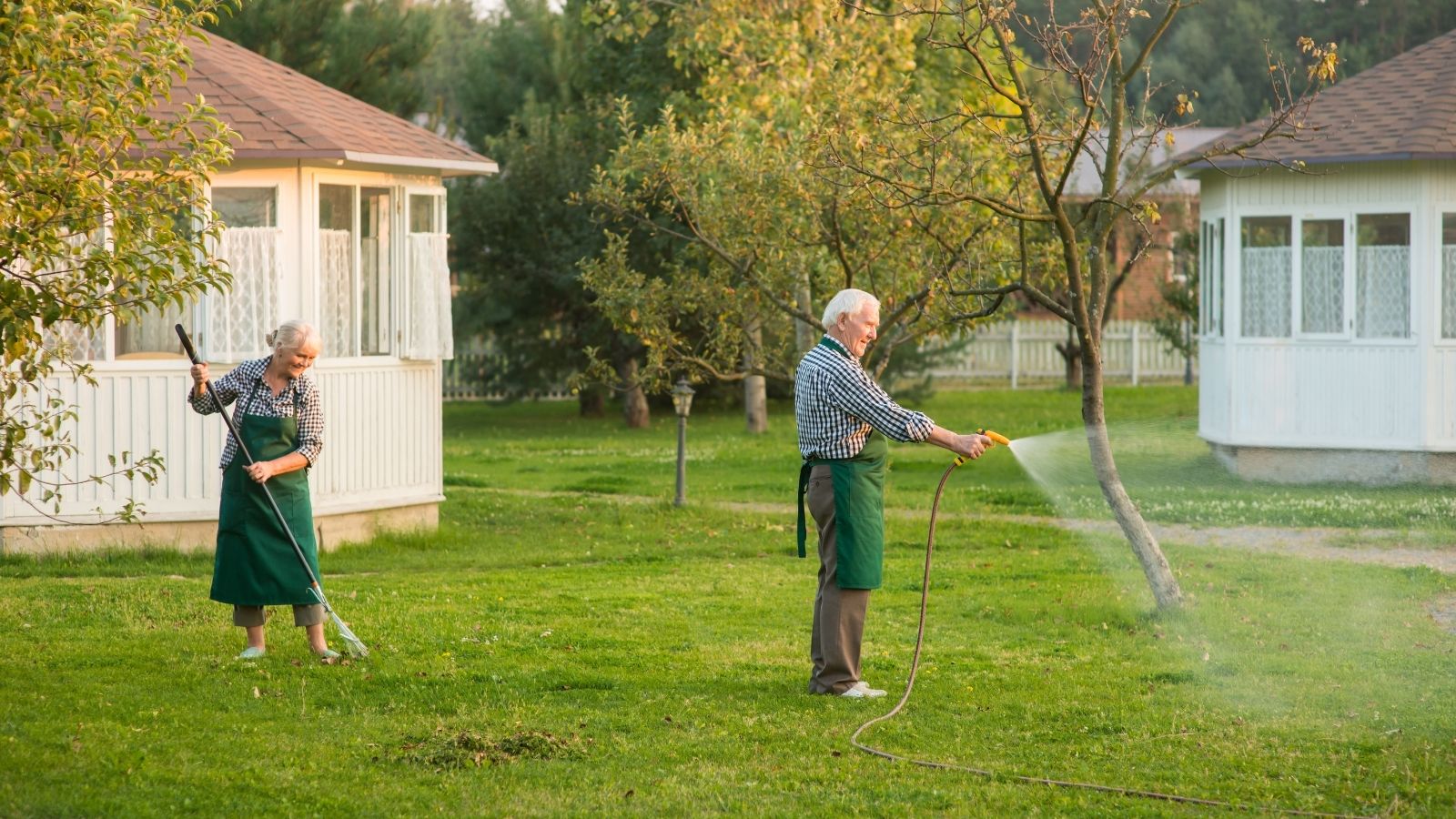
It’s important to give your lawn the right amount of moisture without overwatering. Too little water can lead to drought stress and discoloration, while too much can cause issues such as root rot. In some parts of the world, you may rarely need to water your lawn at all, while drier areas may require regular watering to keep it from drying out.
Mowing Too Short
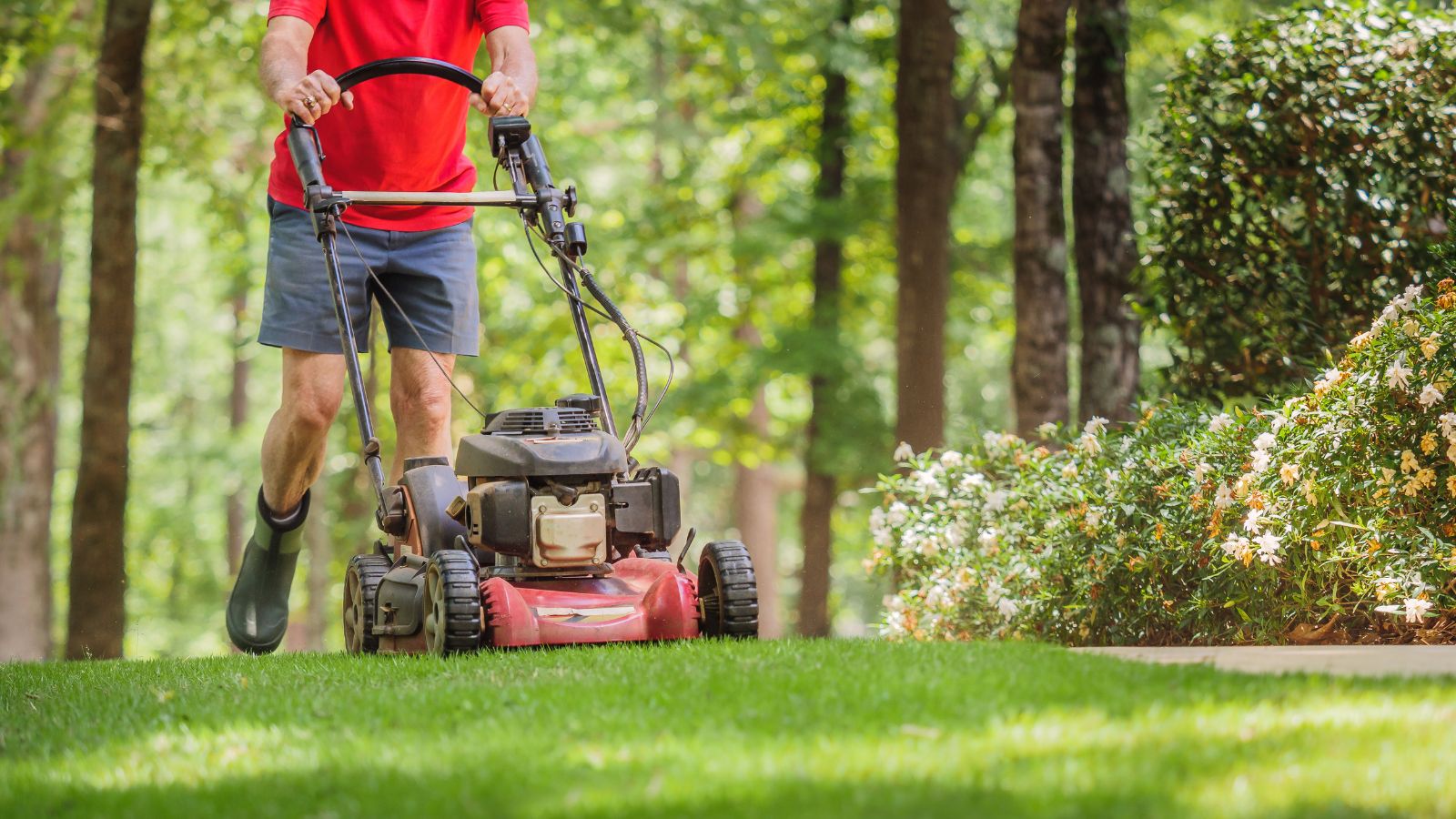
While it can be tempting to cut your grass as short as possible so you can go longer between cuts, this can backfire in the long run. As noted by Kansas State University, lawns that have been cut too short are typically weaker and more prone to drought, diseases, and damage from pests. It’s best to leave more than one-third of a grass blade when mowing.
Ignoring Soil Health
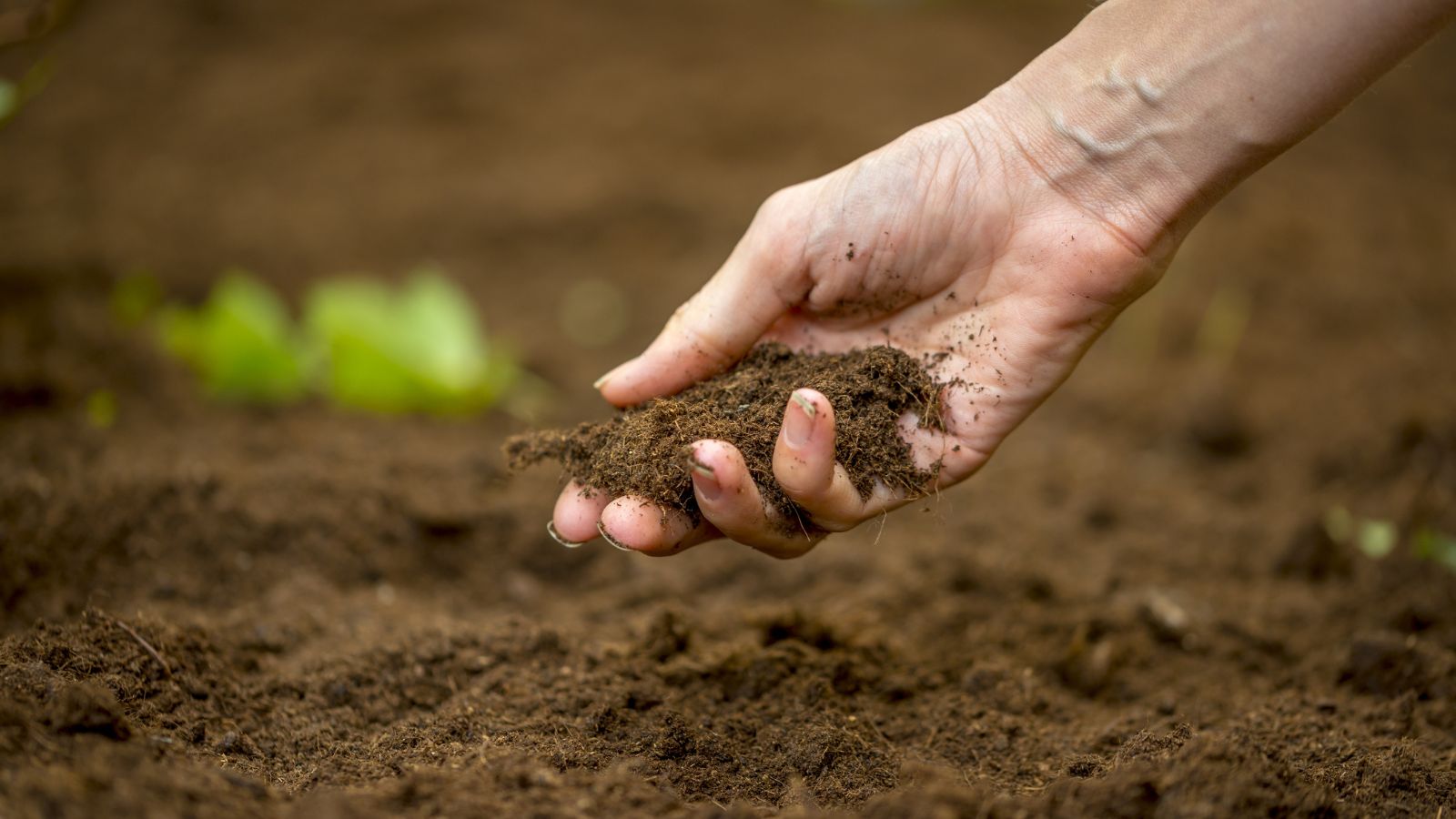
Soil health is crucial when it comes to maintaining a healthy lawn. Low soil quality can slow grass growth and lead to thin, patchy lawns. It’s a good idea to test your soil regularly for its pH levels and any nutrient deficiencies. Aerating compacted soil is also a good way to improve water absorption and air circulation.
Using Chemical Pesticides Unnecessarily
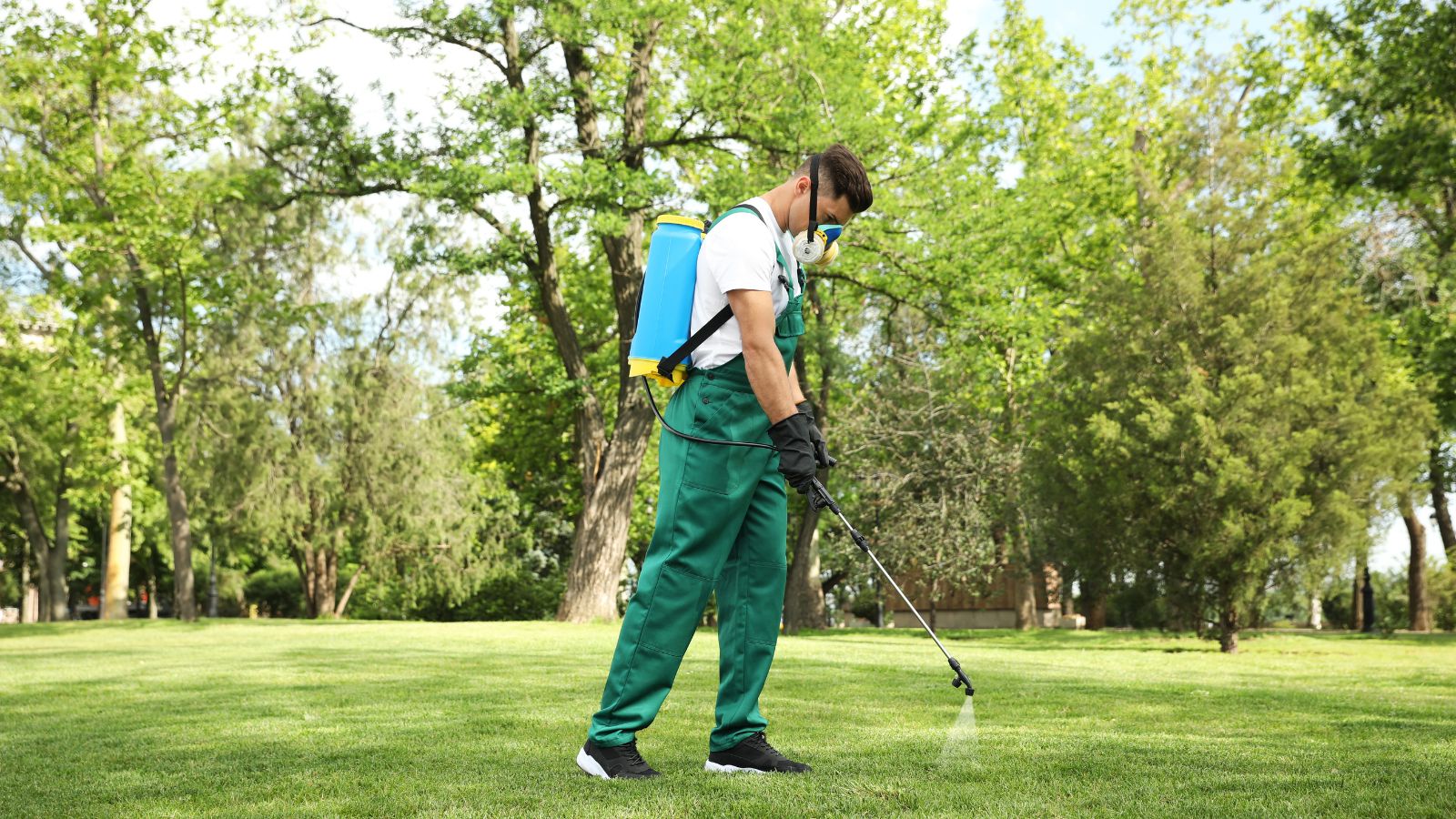
Many people turn to chemical pesticides to deal with pesky critters that can hinder lawn quality. However, the downside of this is that it can harm beneficial organisms and the ecosystem and contaminate nearby water sources. Therefore, it’s preferable to use natural alternatives such as neem oil, nematodes, and diatomaceous earth when possible.
Neglecting Lawn Aeration
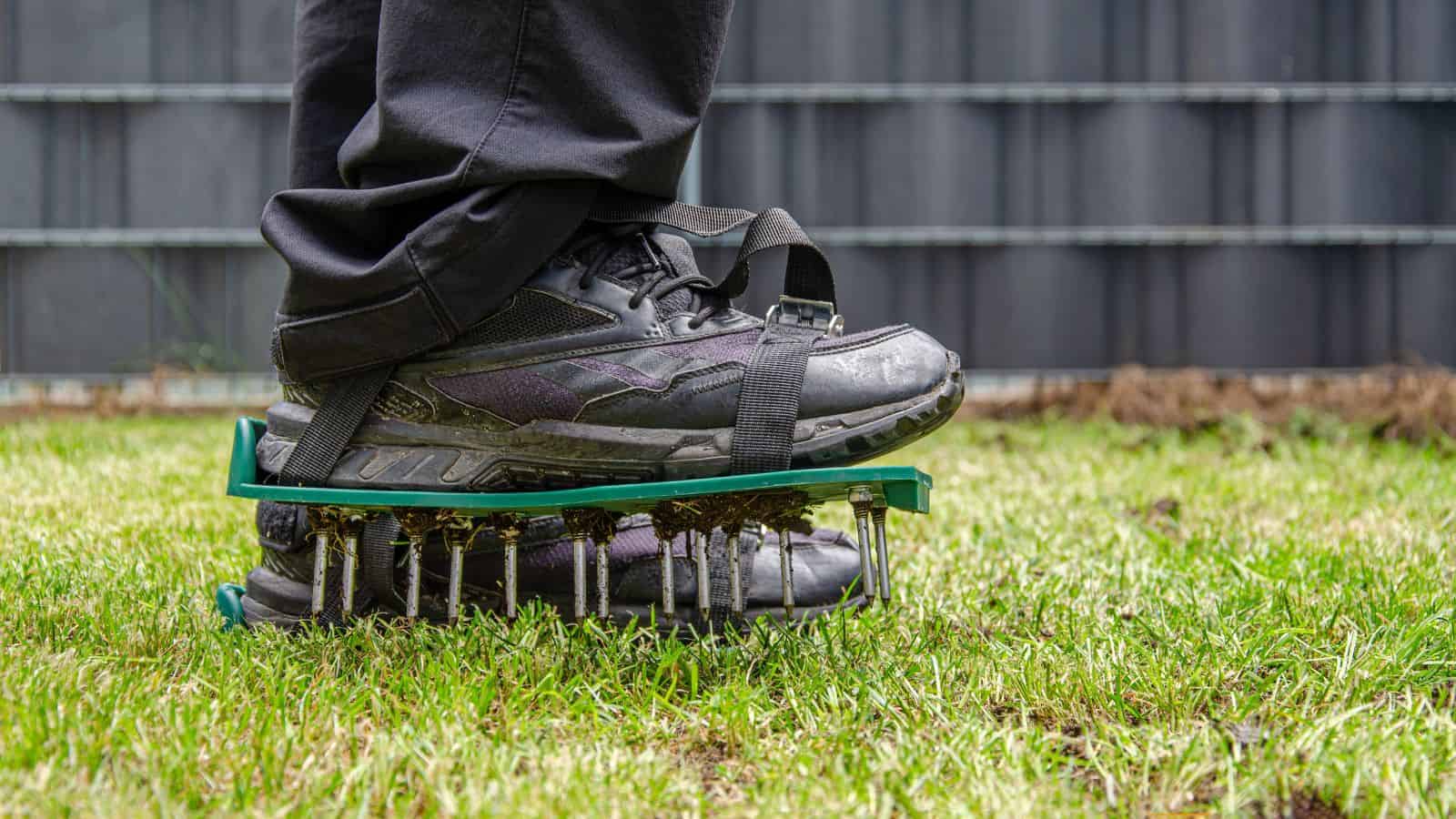
When soil becomes too compact, this can restrict root growth, reduce air circulation, and hinder water absorption. If you notice that your soil has become too tightly packed, it’s a good idea to aerate it in order to promote root development. It’s best to aerate your soil when it’s moist but not waterlogged.
Over-Fertilizing
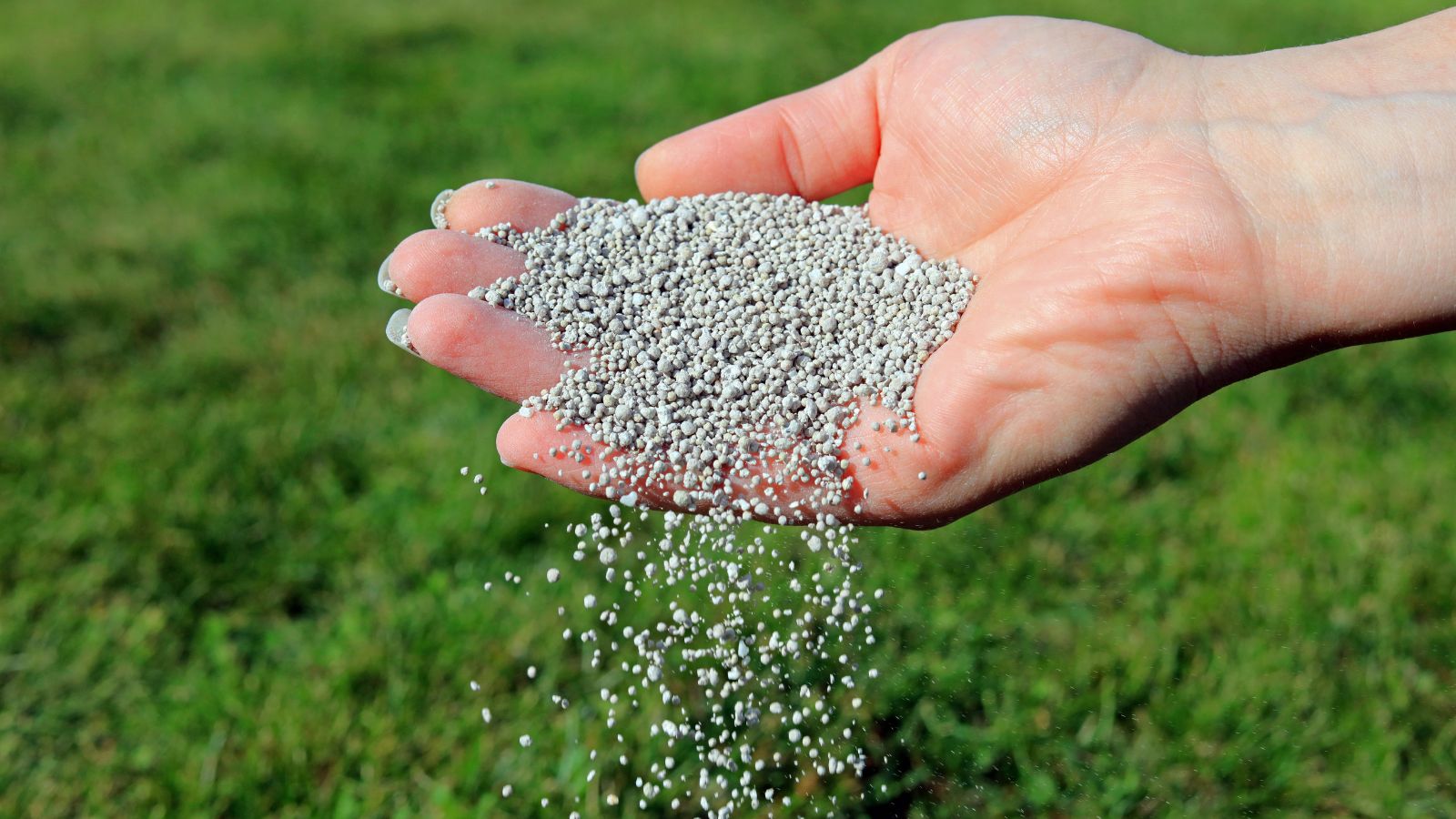
A fairly common mistake when it comes to lawn care is over-fertilizing. According to the Lehigh County Authority, over-fertilizing can lead to environmental pollution, nutrient runoff, and algae blooms. Be sure to follow your fertilizer’s instructions carefully and fertilize during active growth periods for best results.
Ignoring Weeds
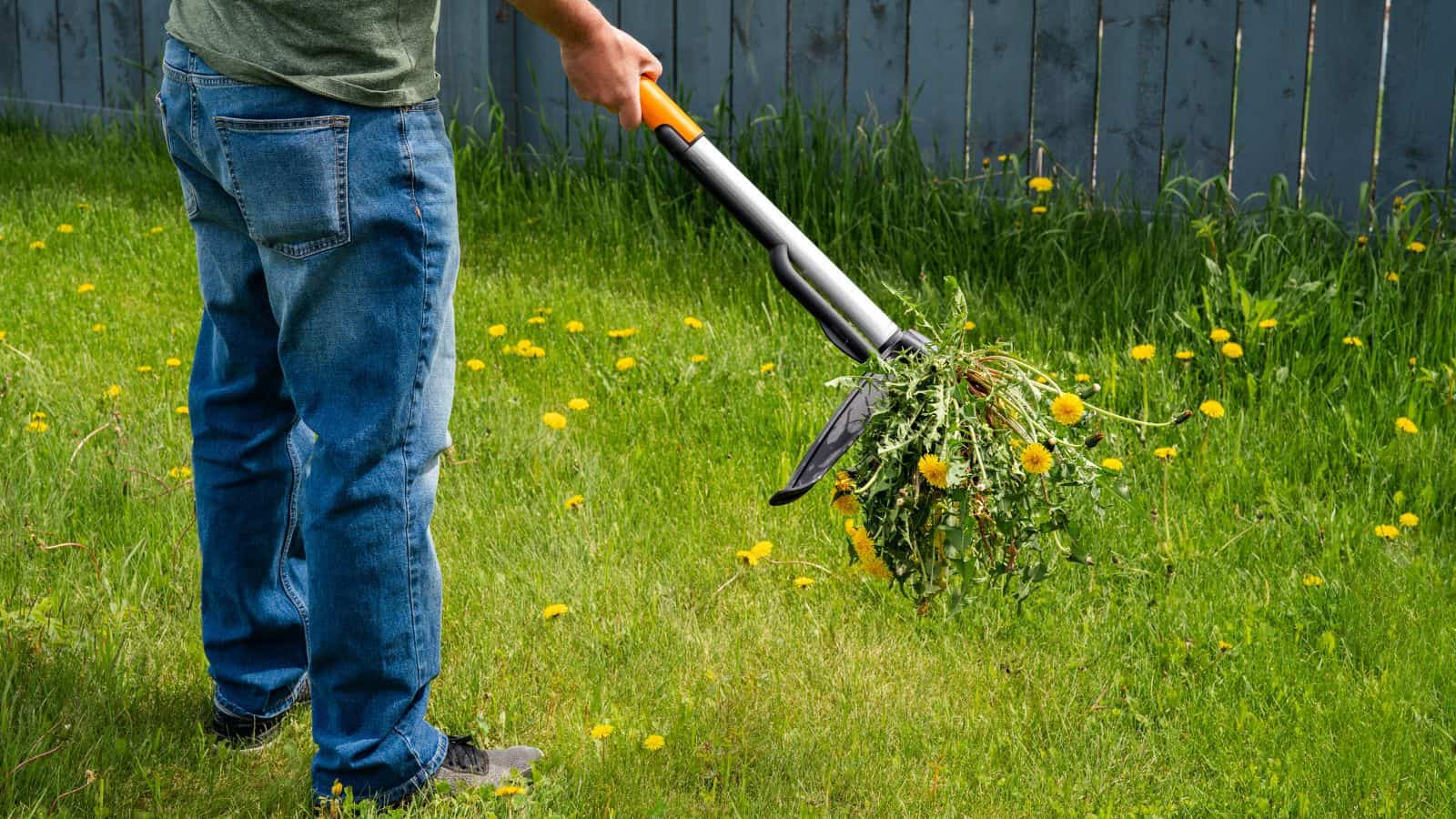
Weeds may be natural, but that doesn’t mean they’re good for your lawn. These plants will compete with your grass for important resources such as sunlight, nutrients, and water. Over time, this can cause your lawn to become depleted and dried out.
Neglecting to Dethatch
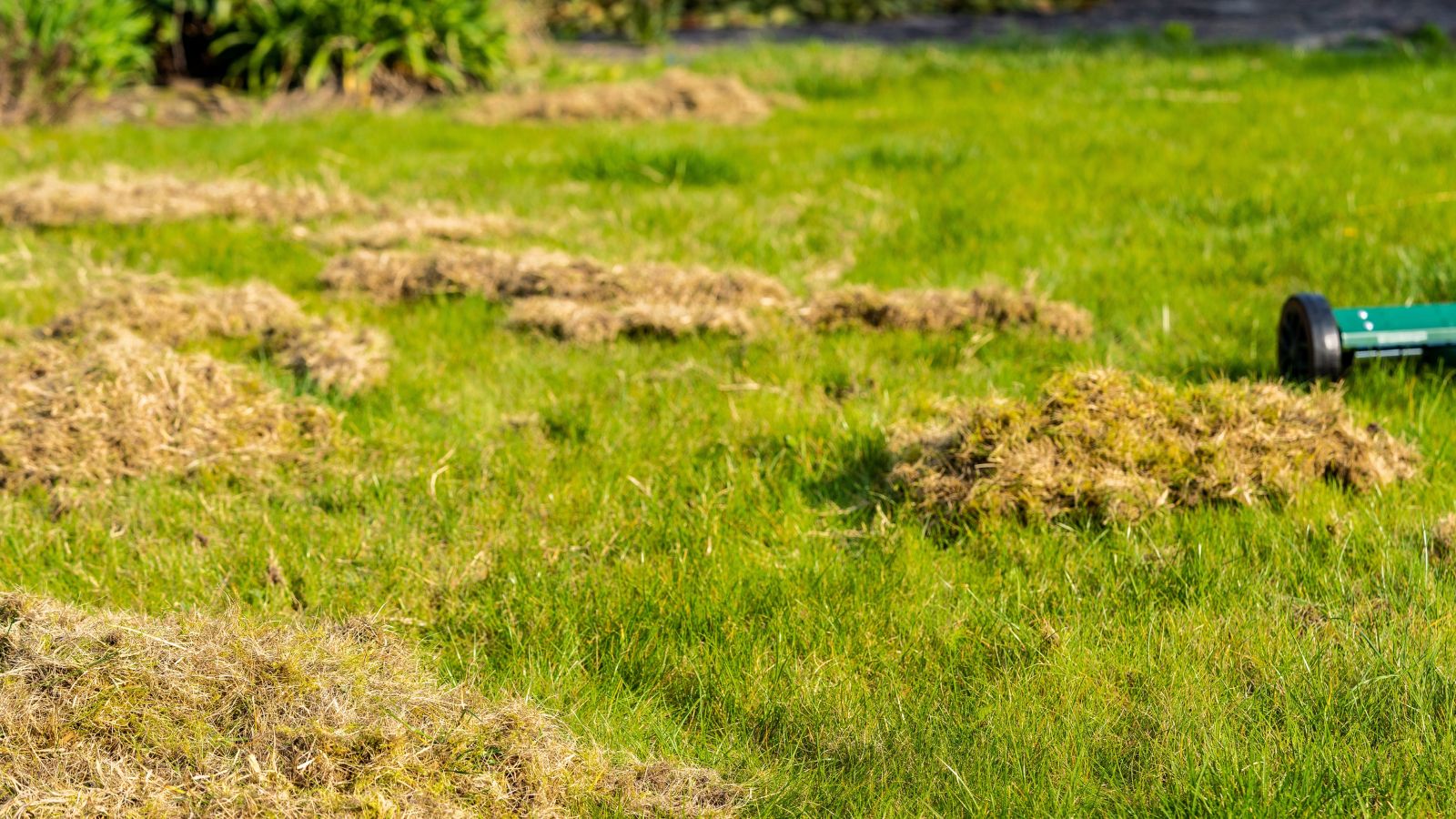
A buildup of thatch can hinder air circulation, water absorption, and nutrient absorption. Therefore, it’s important to dethatch by removing any layers of dead grass and debris that have built up between the soil and grass. Dethatching rakes and power dethatchers both make great tools for this job.
Not Addressing Drainage Issues
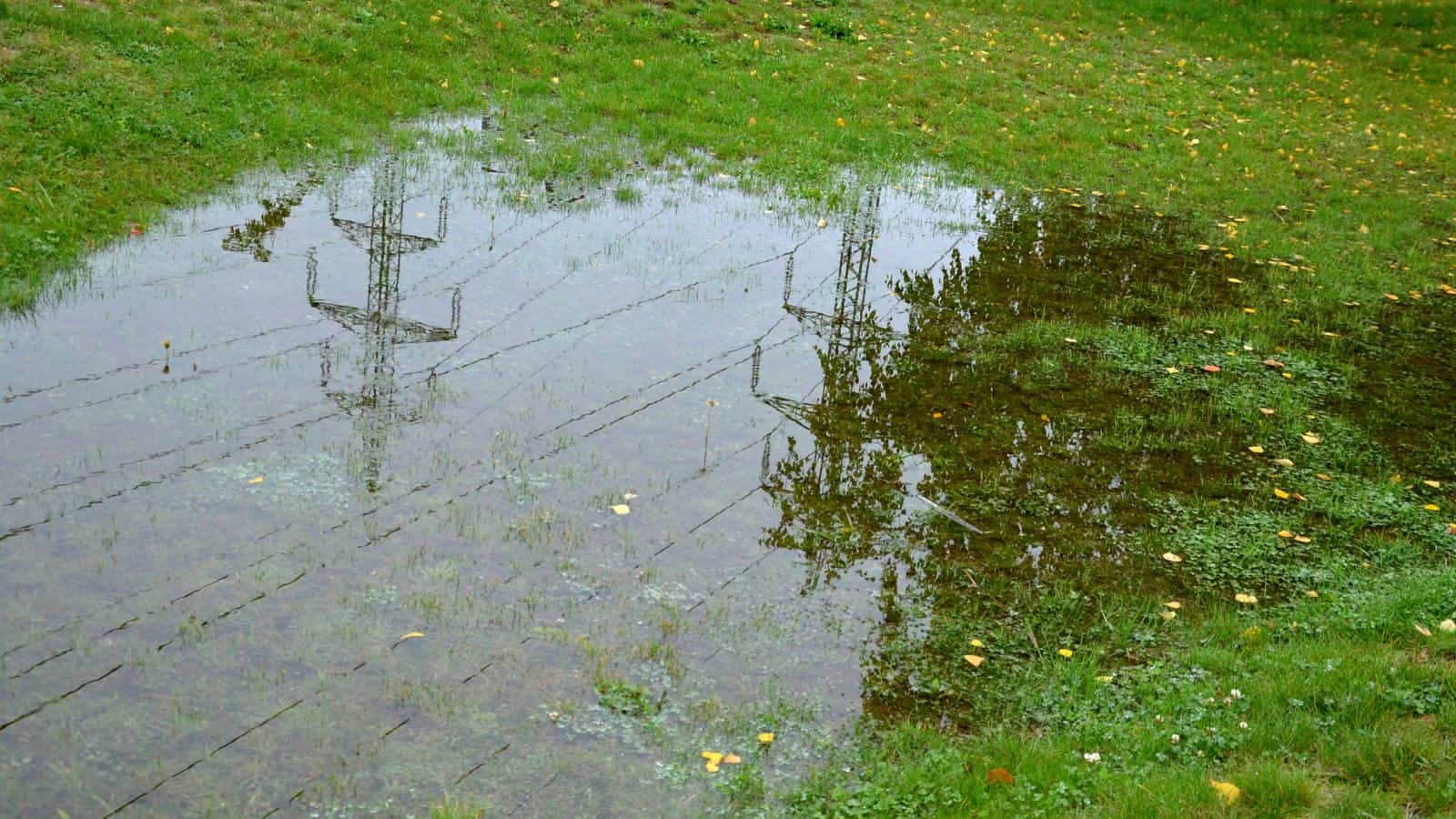
Does your lawn have enough drainage? If not, it could be susceptible to root suffocation, fungal diseases, waterlogging, and other issues. You can fix this issue by installing drainage options such as dry wells or French drains. This will help move excess water away from your lawn.
Using Inappropriate Grass Varieties
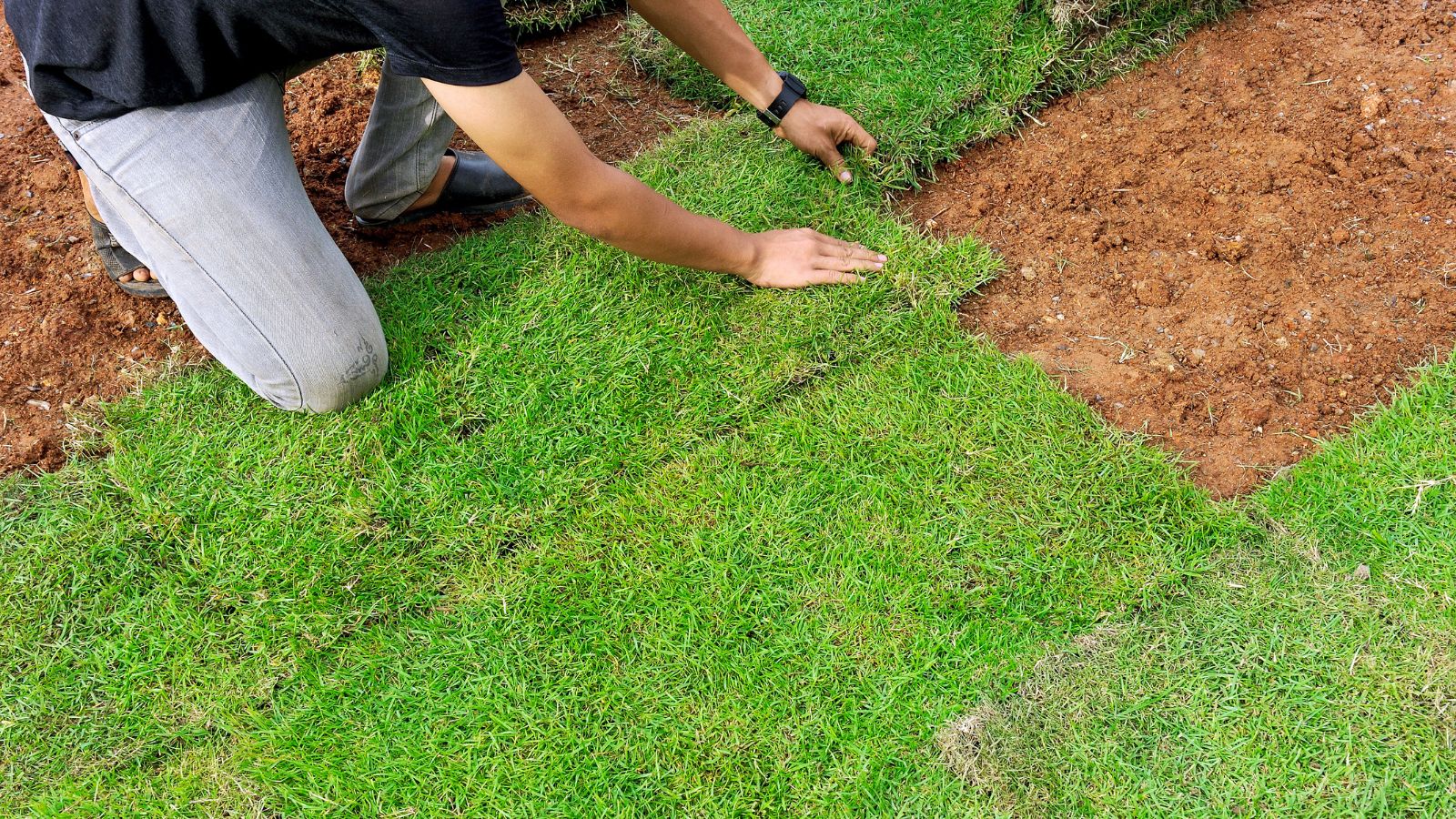
When selecting the type of grass to grow on your lawn, you should take several factors into account, including your climate, light conditions, and soil type. Failing to select the right type of grass can make it more difficult to grow and thrive in your garden.
Letting Pet Waste Accumulate
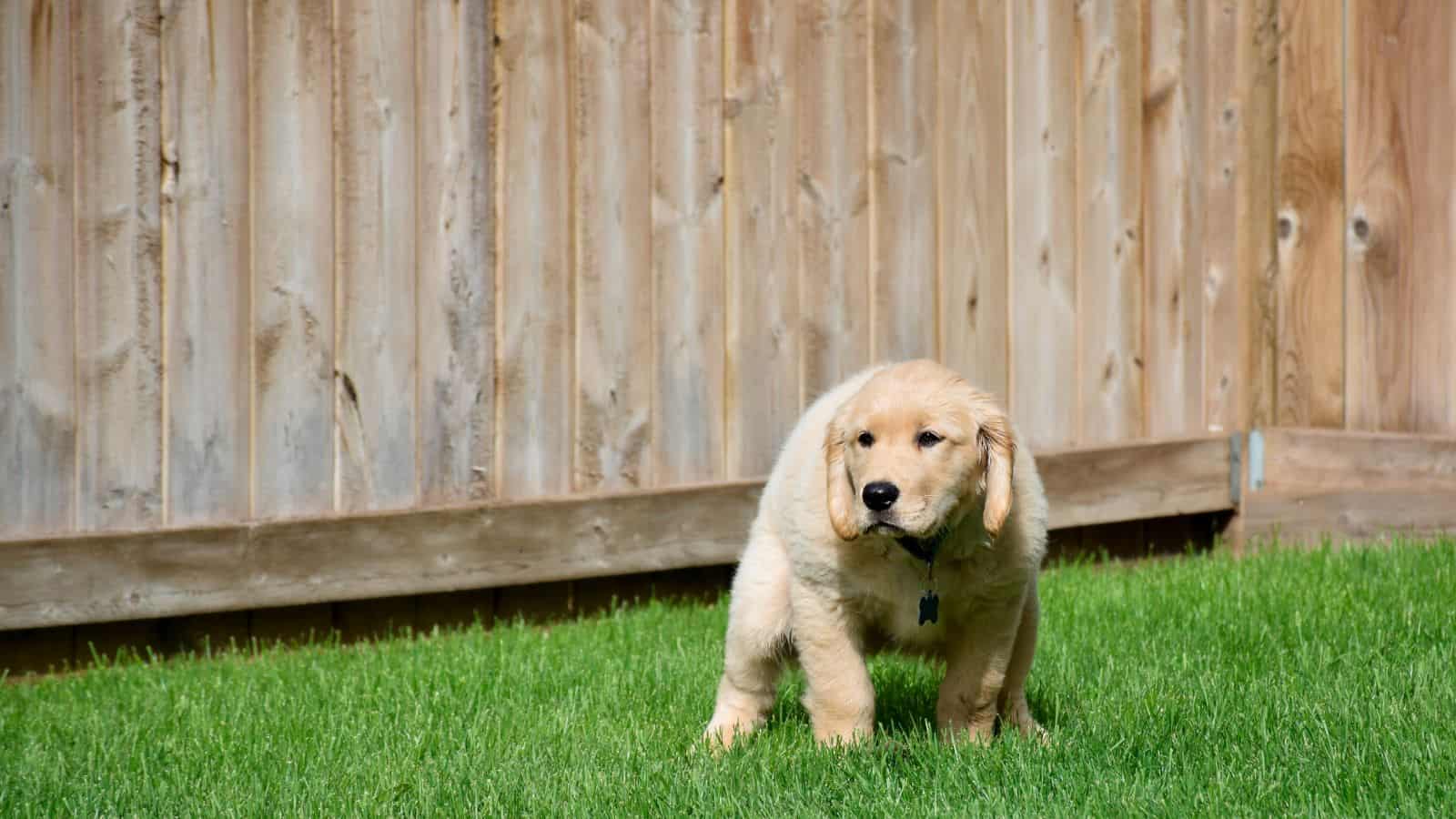
An accumulation of pet waste poses a health threat to you, your pets, and your lawn. It often contains dangerous bacteria and nutrients that can be damaging to your grass. As such, it’s recommended to always remove pet waste as soon as possible to prevent the spread of diseases or infections.
Ignoring Sunlight Requirements

Different types of grass have different sunlight requirements, so it’s important to check the needs of your specific variation. As noted by the RHS, if your lawn isn’t getting enough sunlight, this can inhibit its growth and lead to weaker, thinner grass. You may also notice more moss and weeds on your lawn.
Not Addressing Soil Compaction
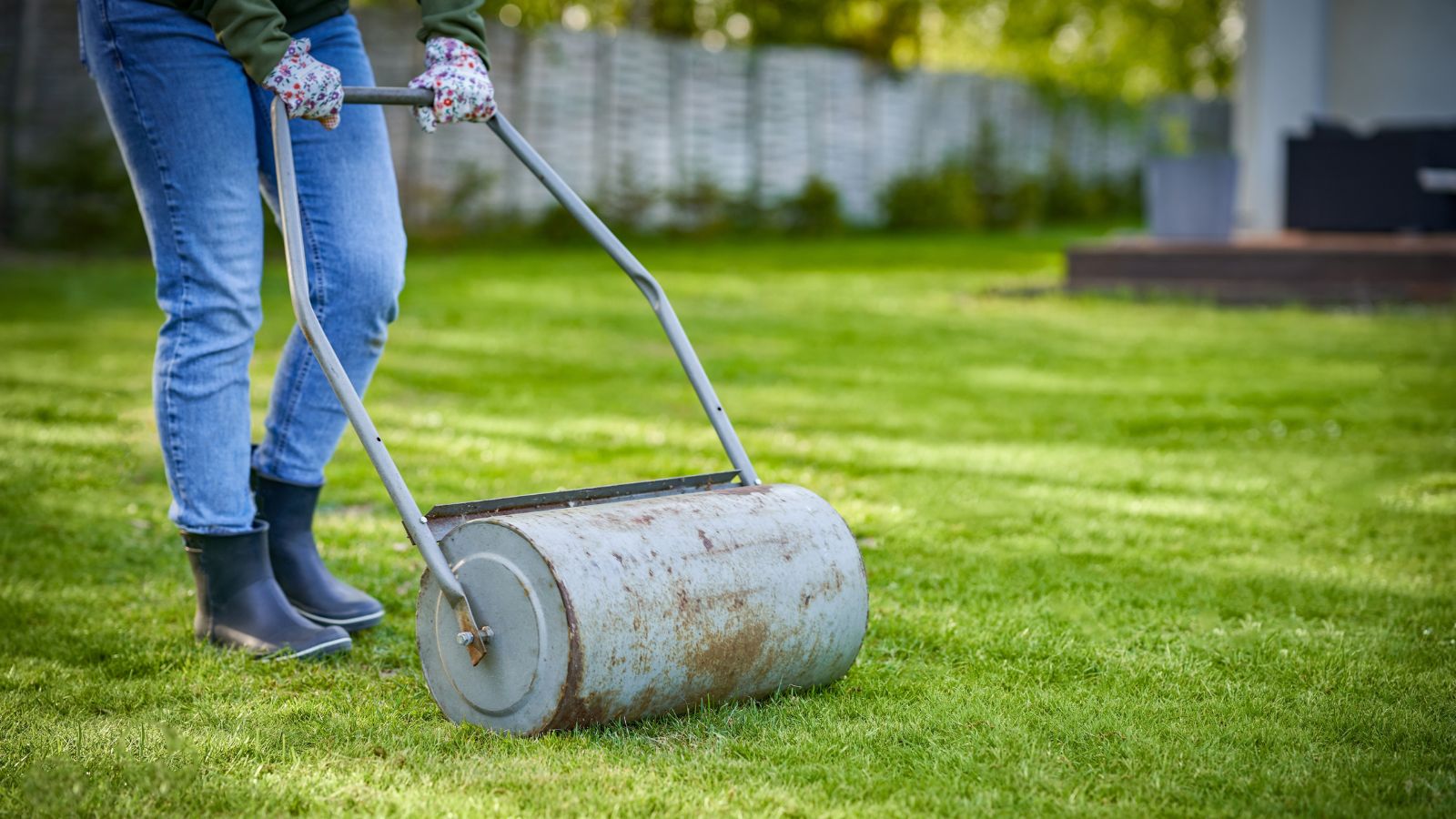
Overly compact soil can limit root growth, nutrient uptake, and water absorption. Over time, this can create a weak, dry, and unhealthy lawn. Therefore, it’s a good idea to properly aerate your soil with a spike aerator, core aerator, or other aeration tools that will improve air circulation and root growth.
Using Dull Mower Blades
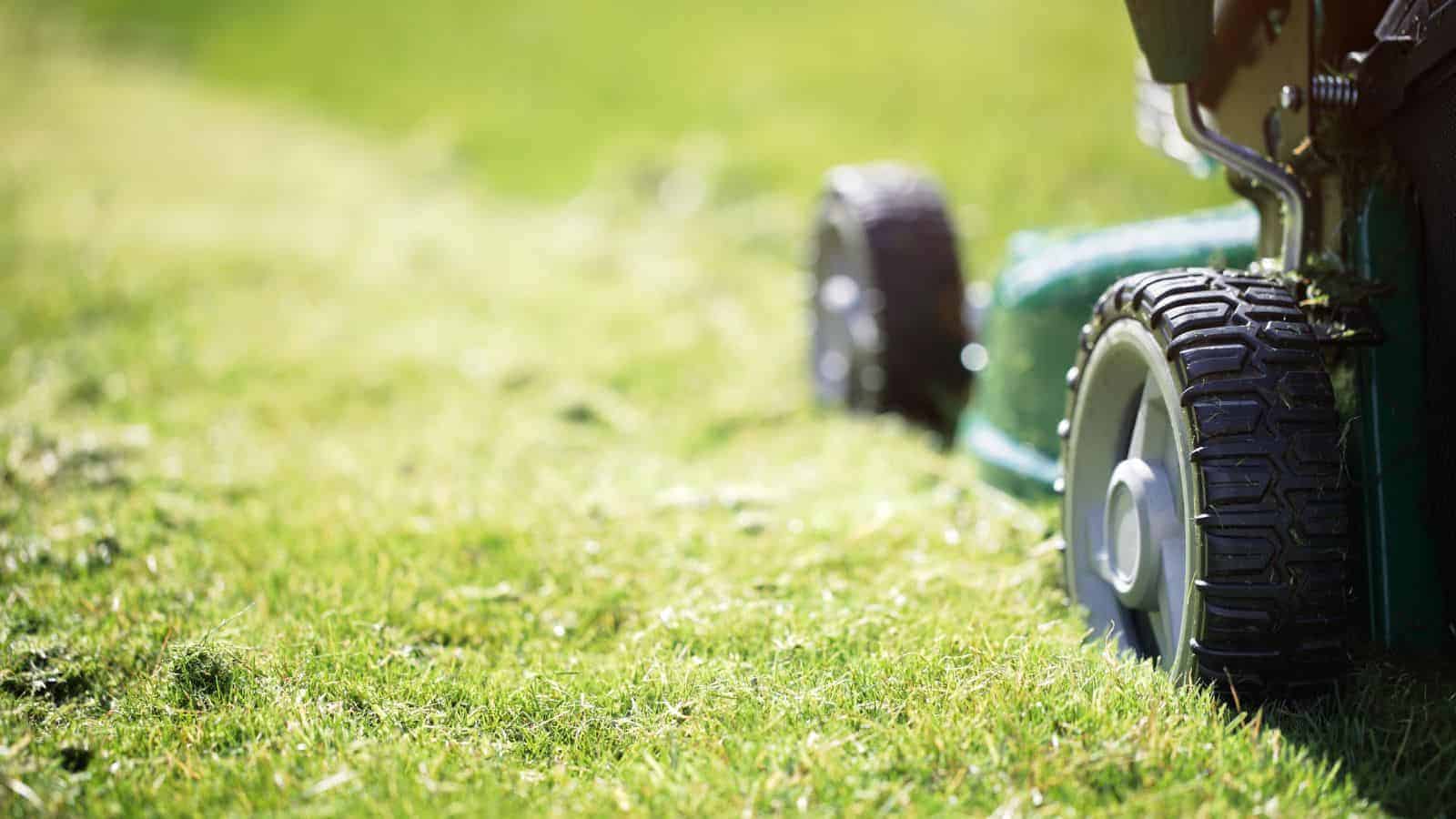
It’s also important to consider your mowing tools when thinking about your lawn’s needs. Dull mower blades can create tears in grass blades, often leading to an uneven, jagged end result. To prevent this, you should sharpen your mower blades once a year or more.
Neglecting pH Balance
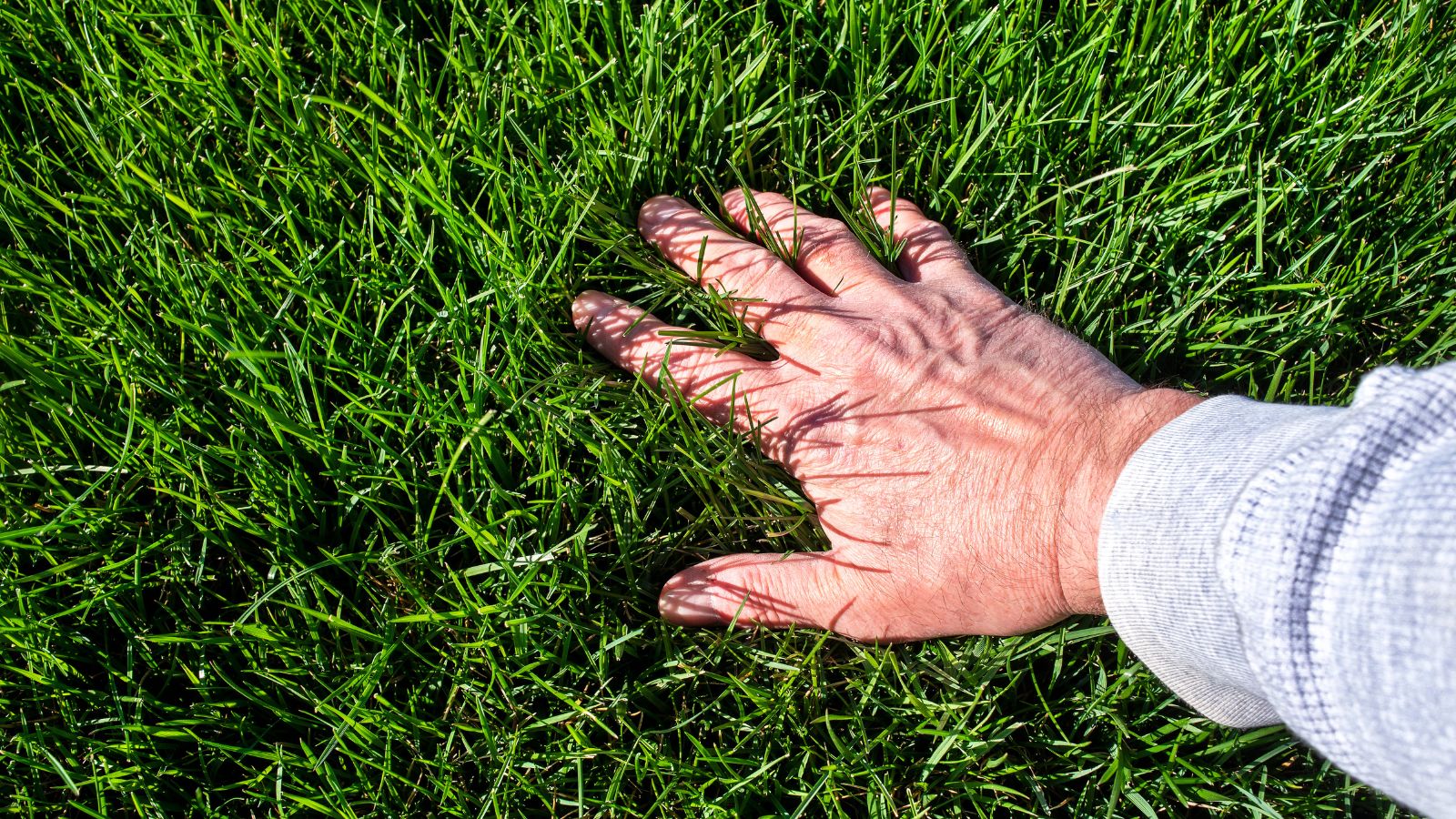
Many people never consider their soil’s pH level, but it can actually have a significant impact on the health of your lawn. Imbalances in pH can decrease the availability of nutrients, often leading to deficiencies and toxicities. It’s a good idea to invest in a soil test kit or pH meter to ensure your soil is balanced and healthy.
Neglecting to Adjust Irrigation
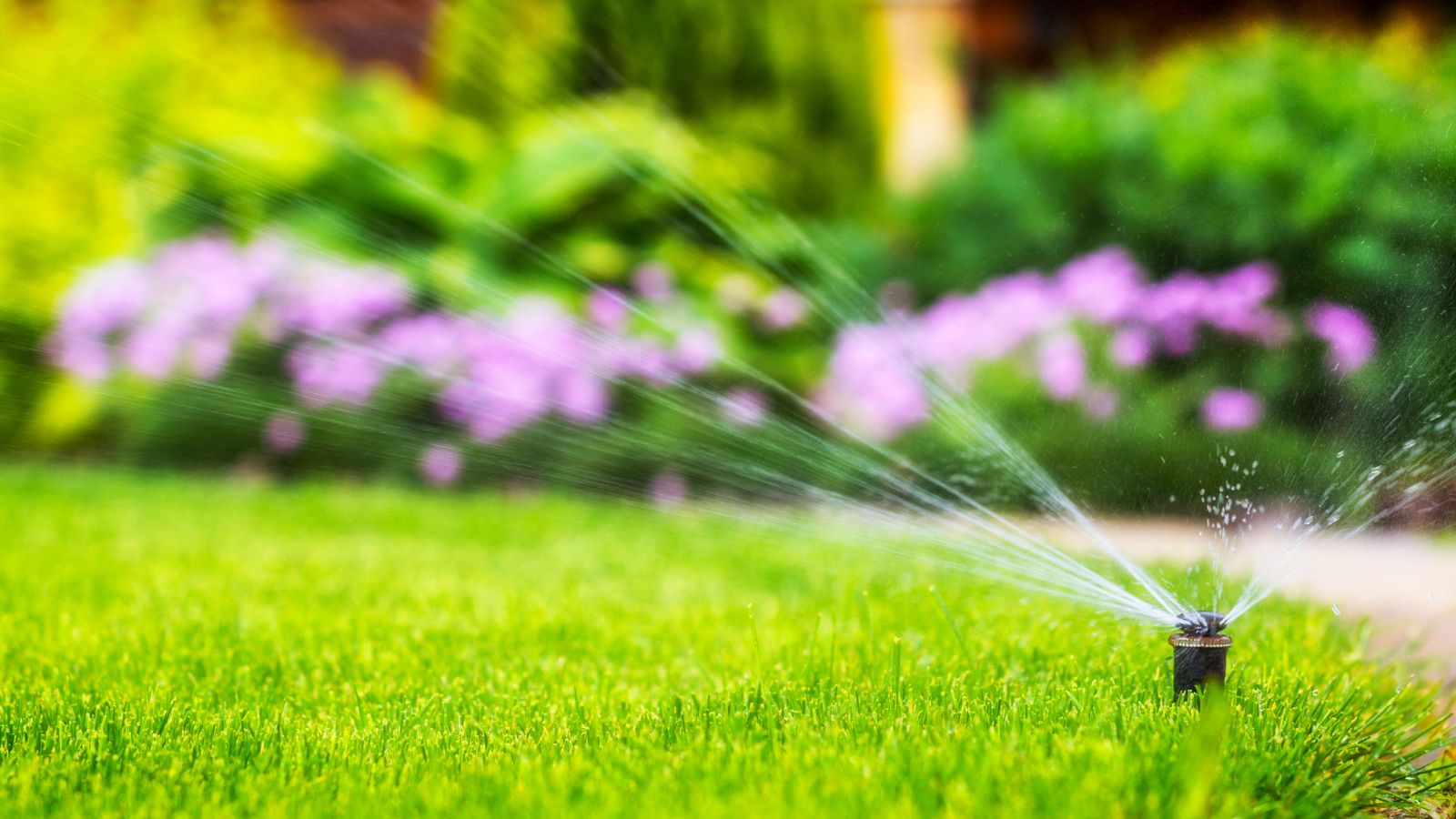
Improper irrigation can result in dry patches, water wastage, and unevenness. Therefore, if you’re using a sprinkler, you should make sure to check it regularly to ensure it’s covering your whole lawn evenly and adequately. Smart irrigation controllers can be useful for optimizing this process.
Applying Chemicals Before Rain
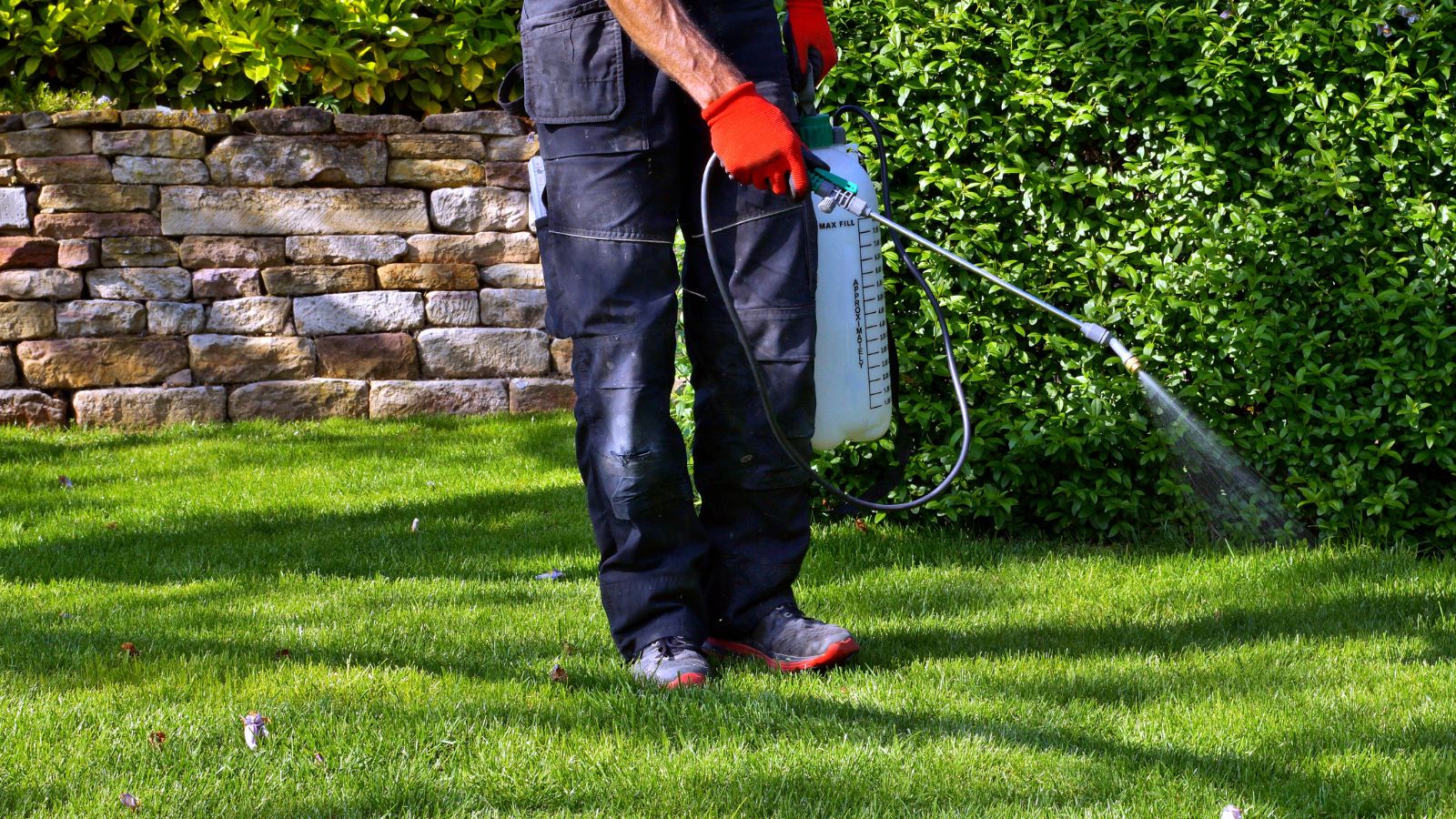
Using chemicals, such as herbicides, pesticides, or fertilizers, before rain is never a good idea. According to America’s EPA, doing so can cause runoff and pollute nearby water sources, posing a risk to the environment and drinking water.
Up Next: 17 Things Most People Forget After Someone Dies

When a person dies, it’s easy for their partner or family members to overlook things while they process shock and grief. Despite the pain of losing a loved family member, it’s important to remember to organize these 17 things to prevent problems later on. 17 Things Most People Forget After Someone Dies
17 Phrases Confident People Use to Stand Up For Themselves

Confidence is a healthy and attractive trait that helps us stand firm in our values and set healthy boundaries. We can always become more confident, and learning the right ways to stand up for yourself is a great way to start. Here are 17 phrases you can use to do so. 17 Phrases Confident People Use to Stand Up For Themselves
20 Signs Someone Is Only Pretending to Care

Whether it’s to avoid hurting your feelings or if it’s part of a more elaborate plan to deceive you for benefits, people pretend for many reasons. The main theme with them, though, is that their actions never match the sugar-coated words that come out of their mouths. So that you don’t fall for someone like this, we’ve compiled 20 signs for you to look out for. 20 SIGNS SOMEONE IS ONLY PRETENDING TO CARE

